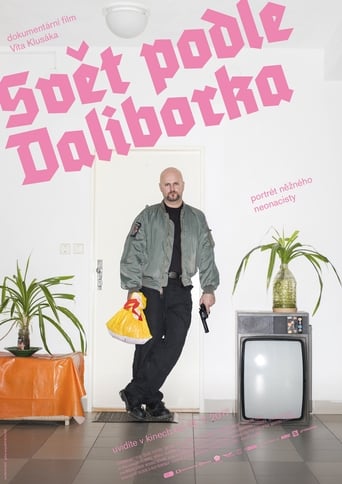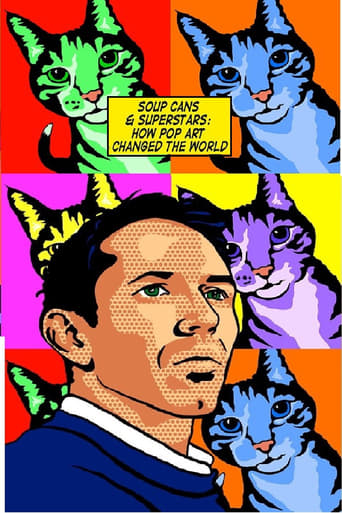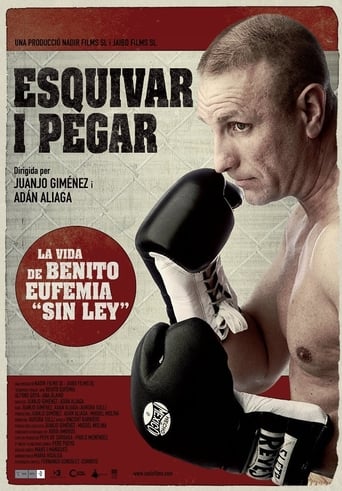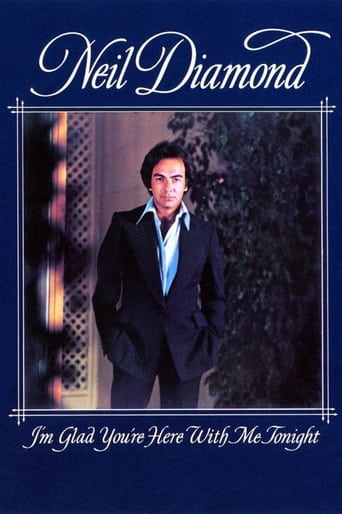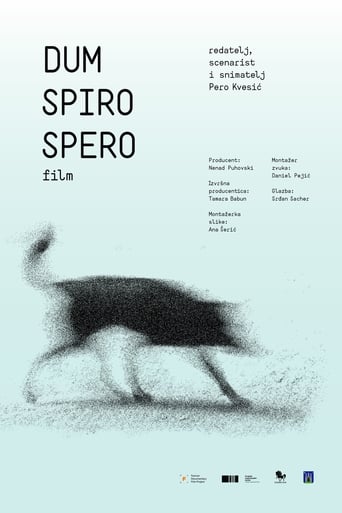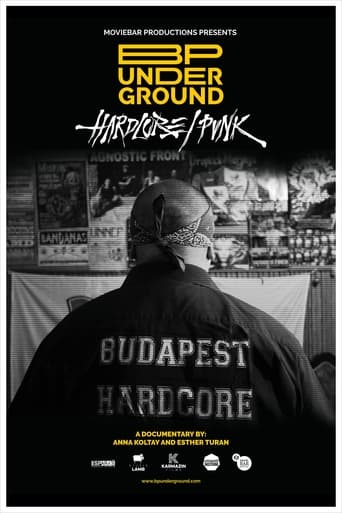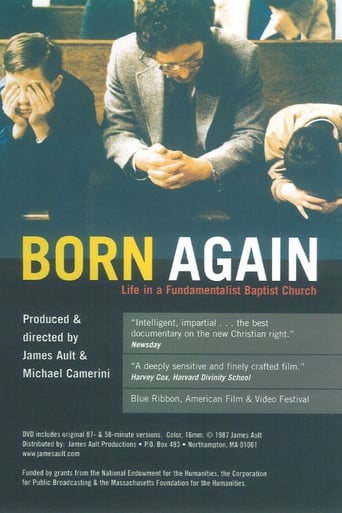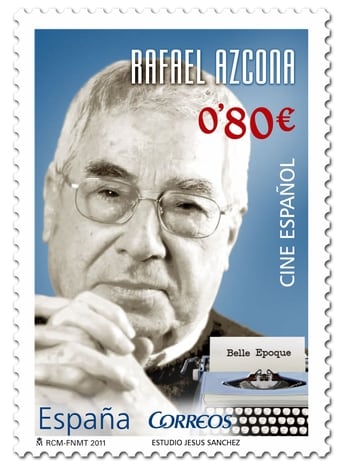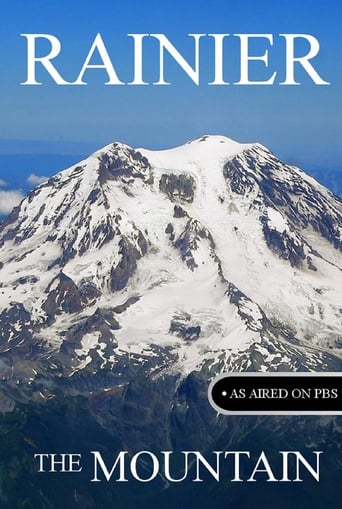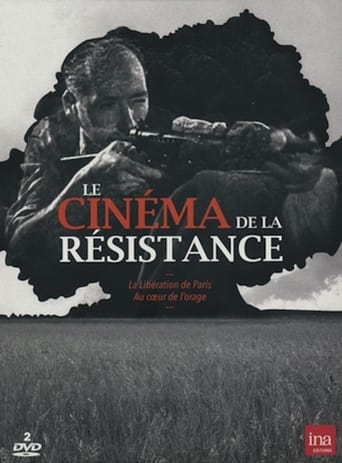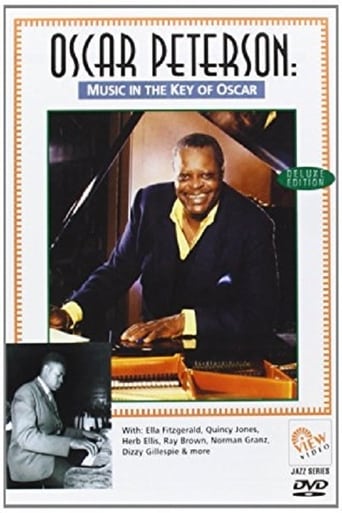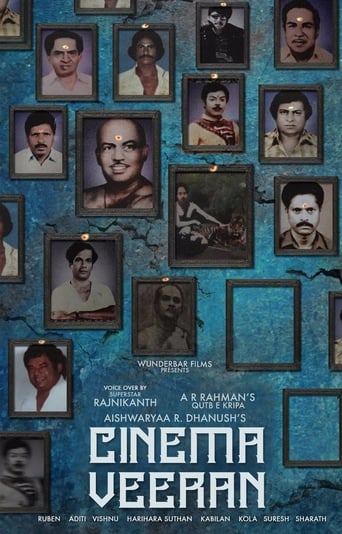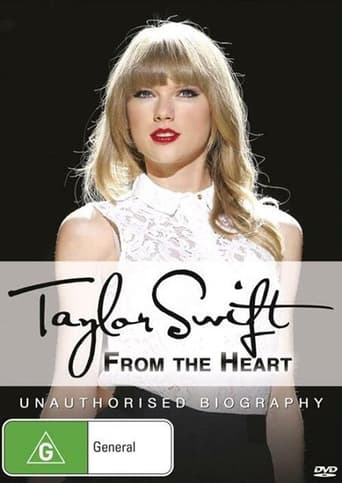16 Oct 2012
The Smiths: Glorious Noise
Never was the pain of adolescence so vividly soundtracked as it was by The Smiths during their brief tenure in the 1980s. So hopelessly romantic and so utterly British, the song writing partnership of Morrissey and Marr was almost too perfect to exist for any length of time, as it entwined poetry and melody with timeless brilliance. Glorious Noise is feature length documentary film which reviews the entire career of The Smiths. Beginning with their formation in Manchester in the early 80s, and taking flight through their four pivotal albums, their legendary live performances and their controversial behaviour, culminating in their abrupt demise, the film covers the full story of the finest British act of the past thirty years.
